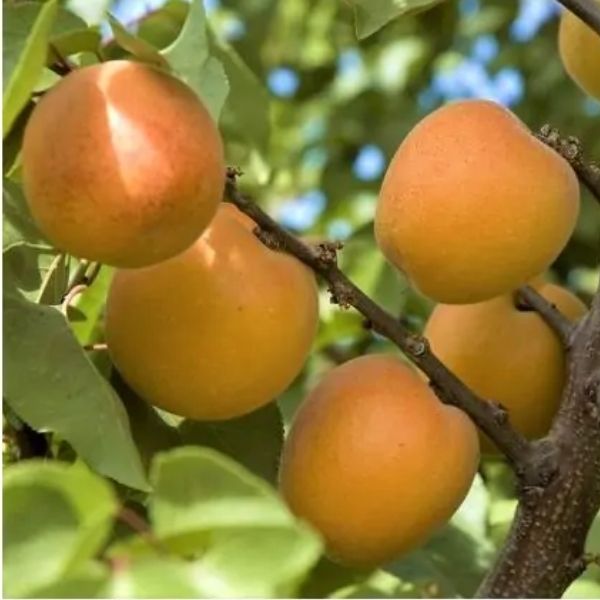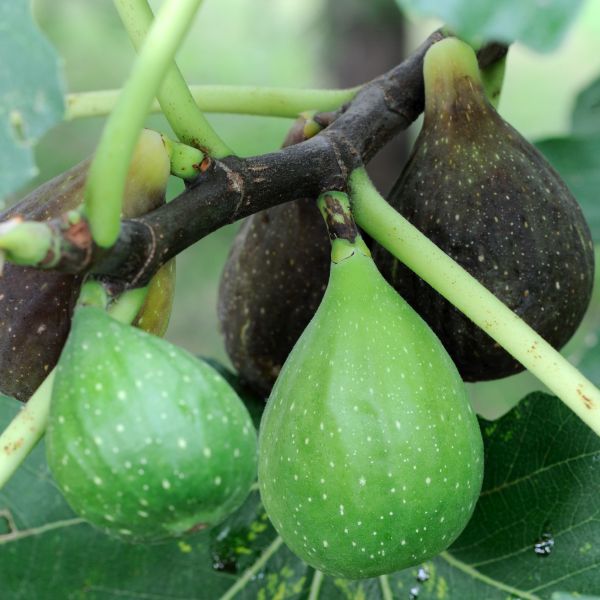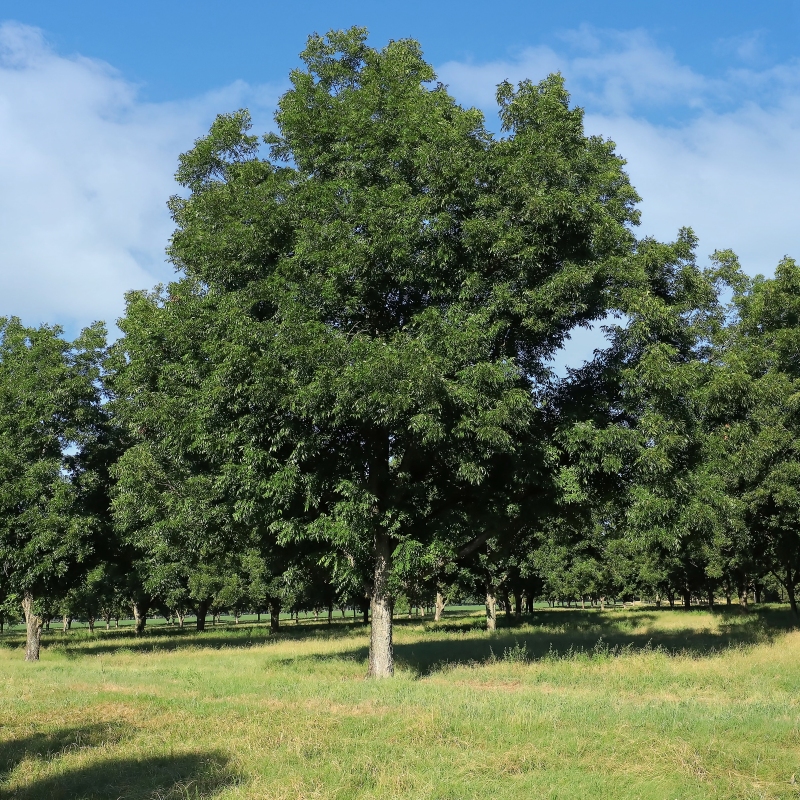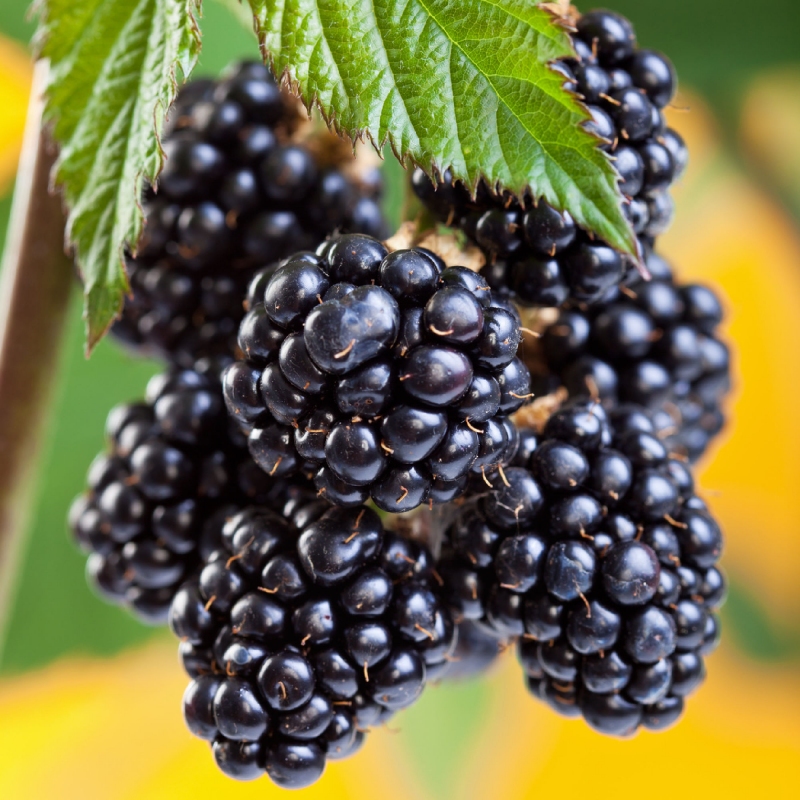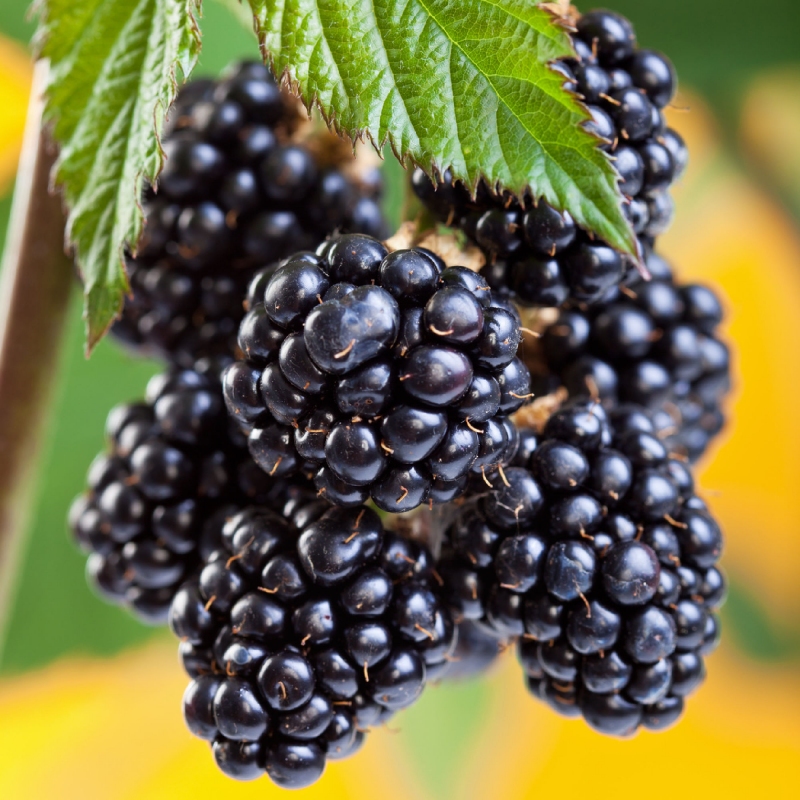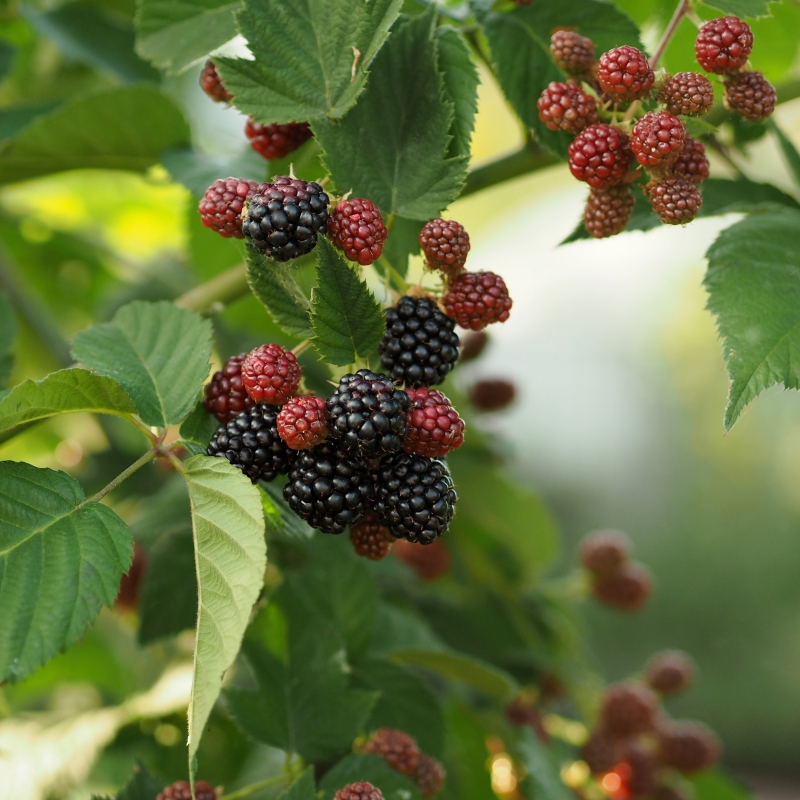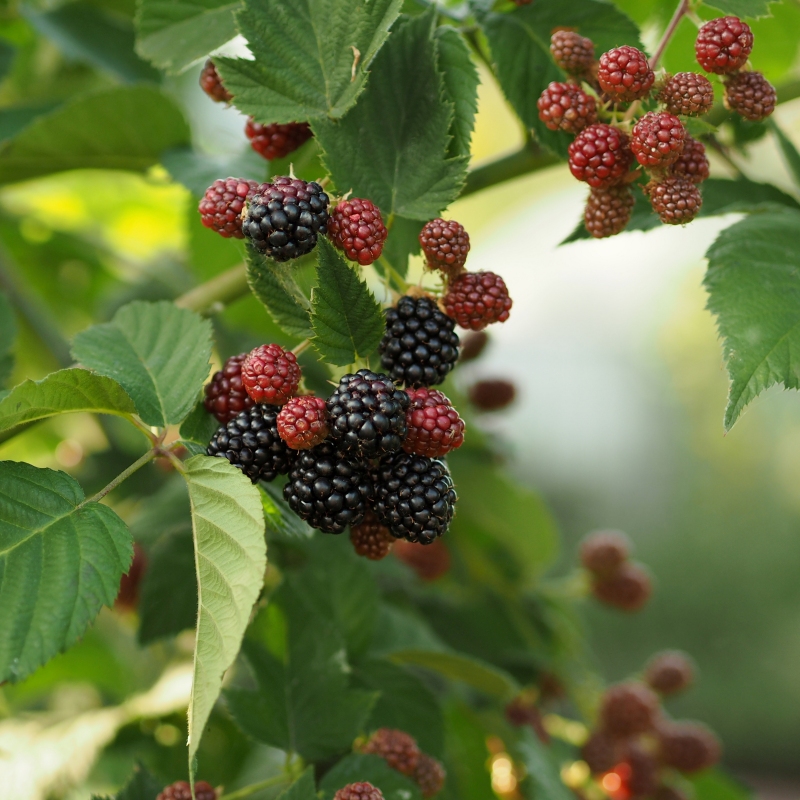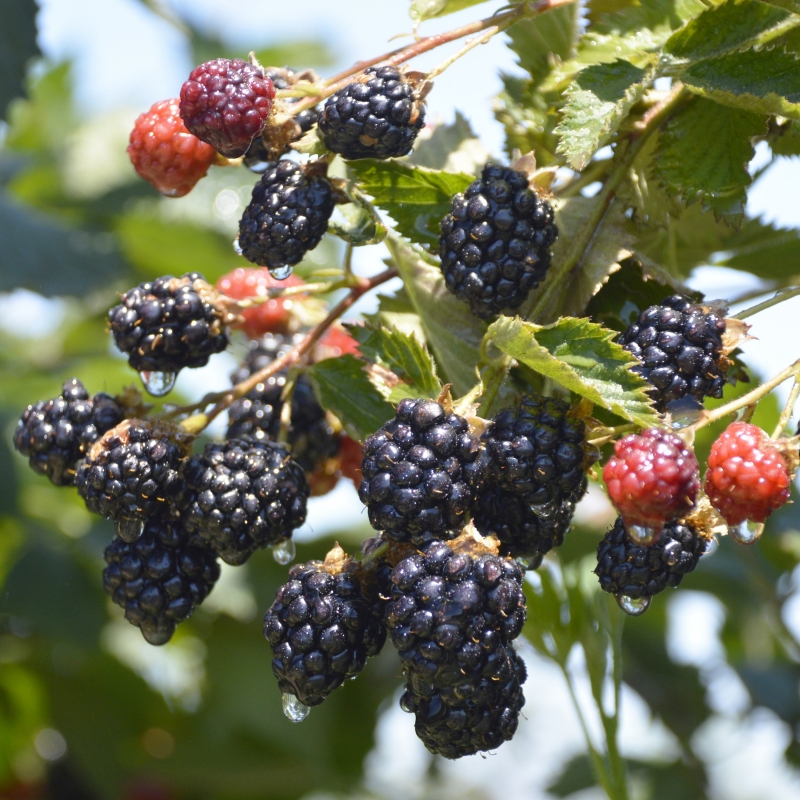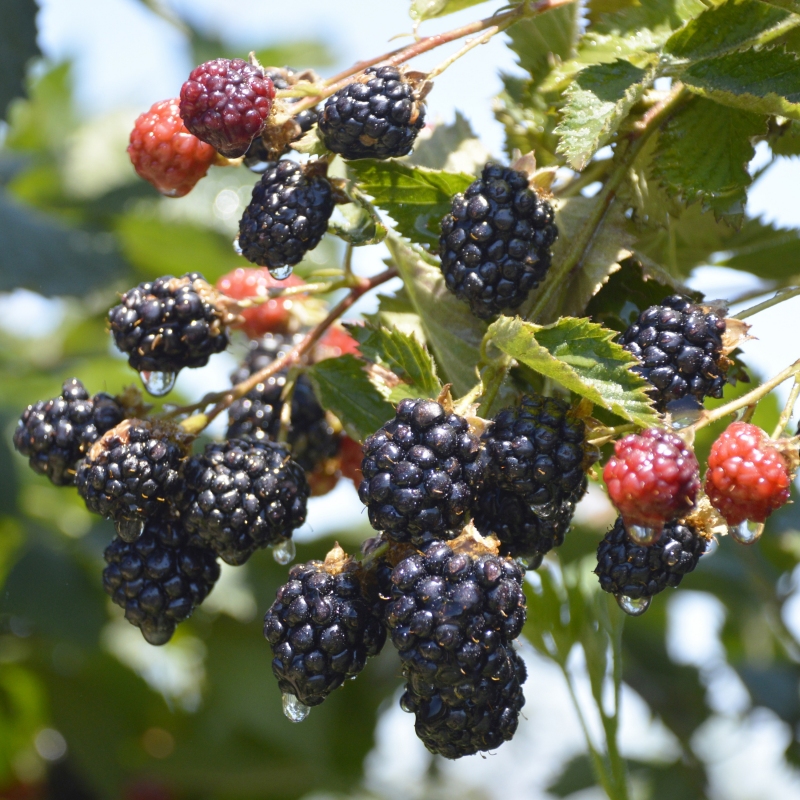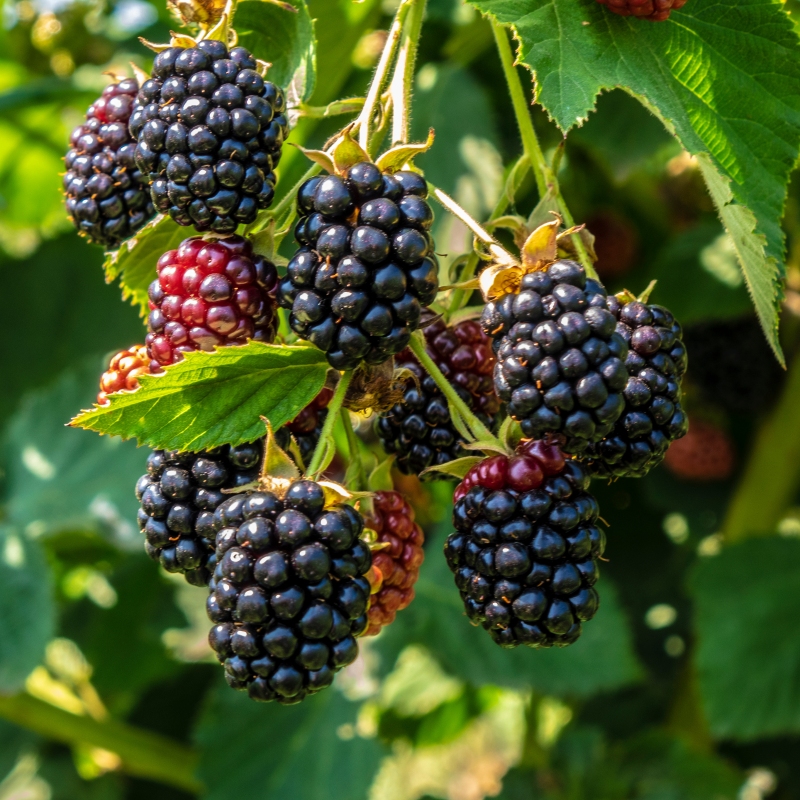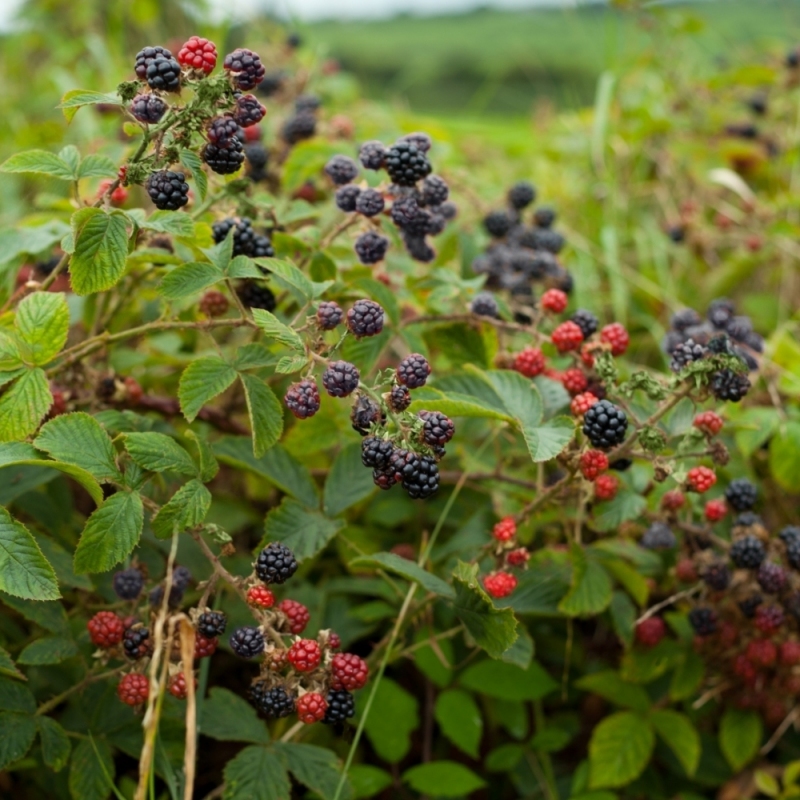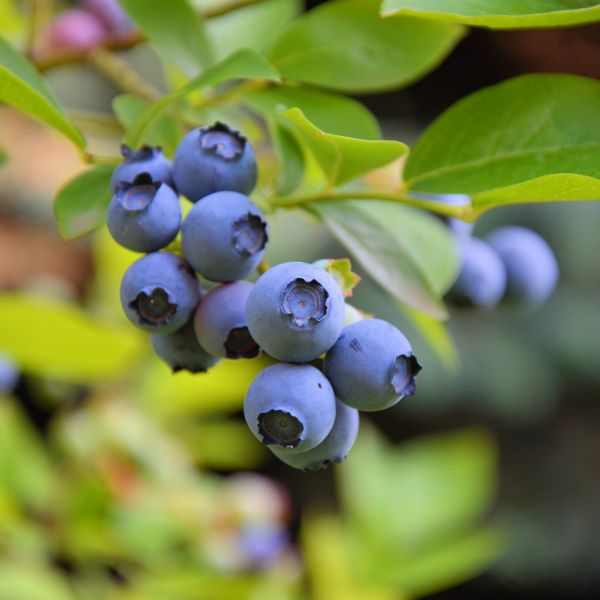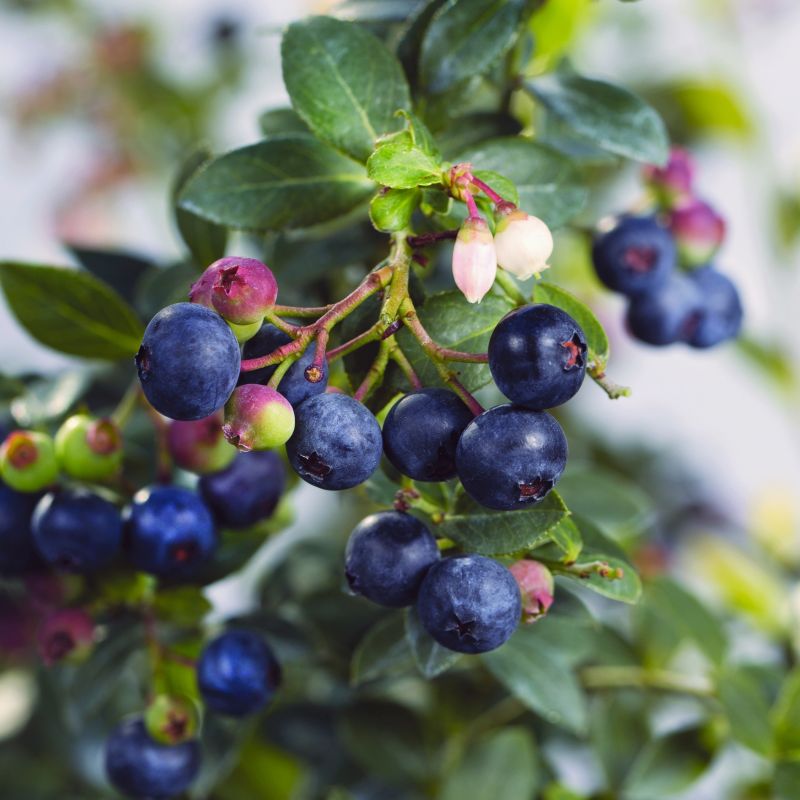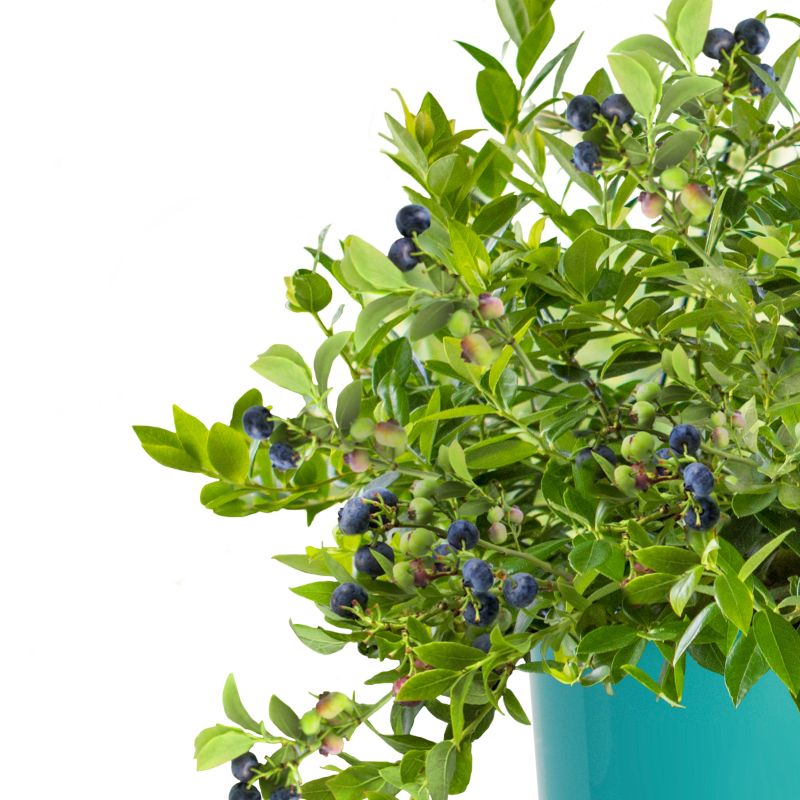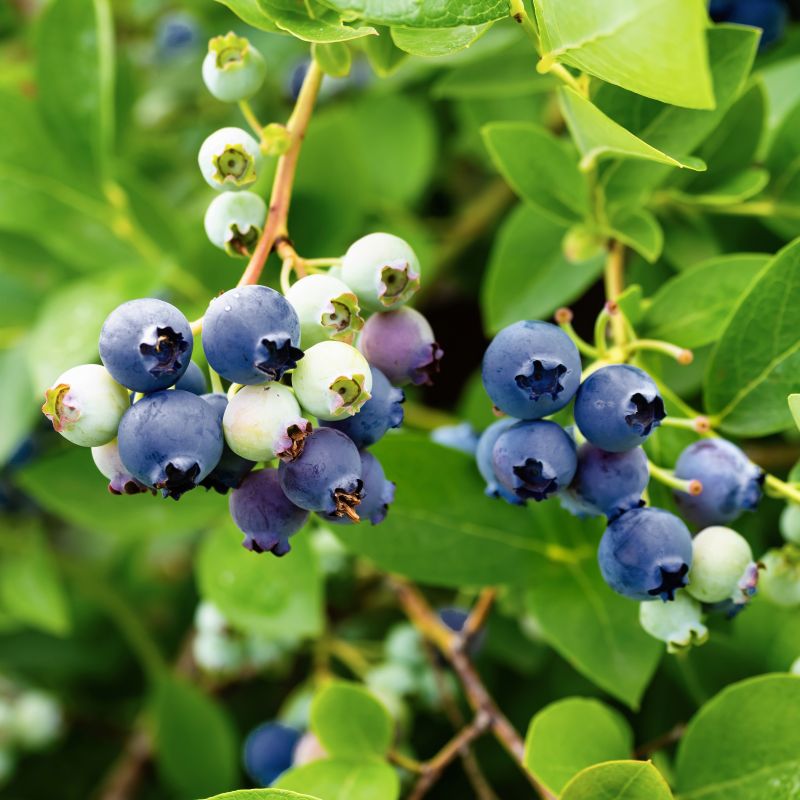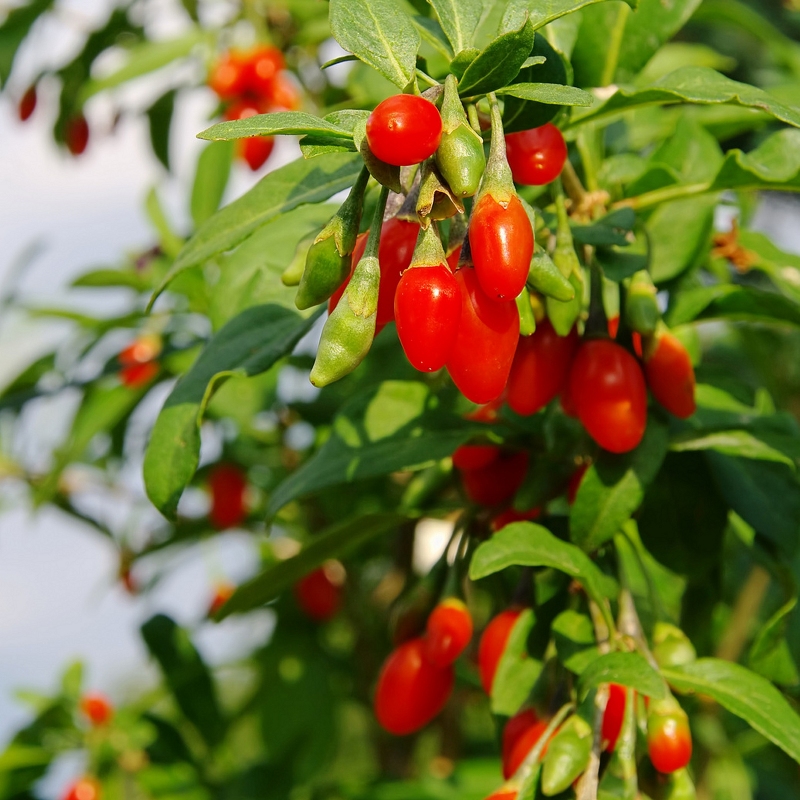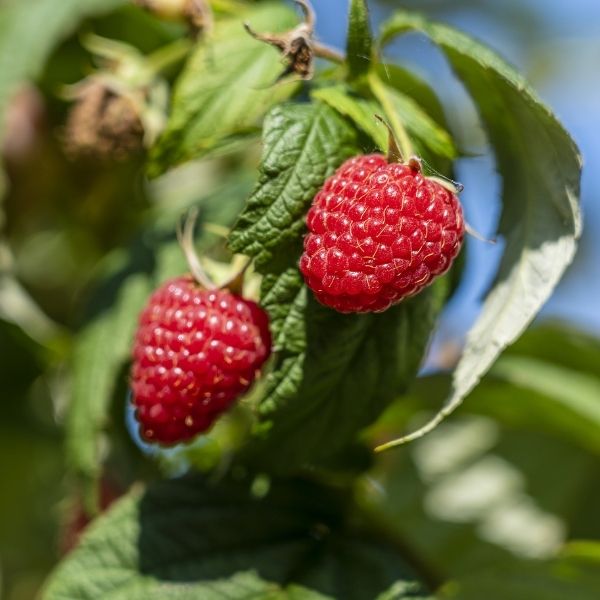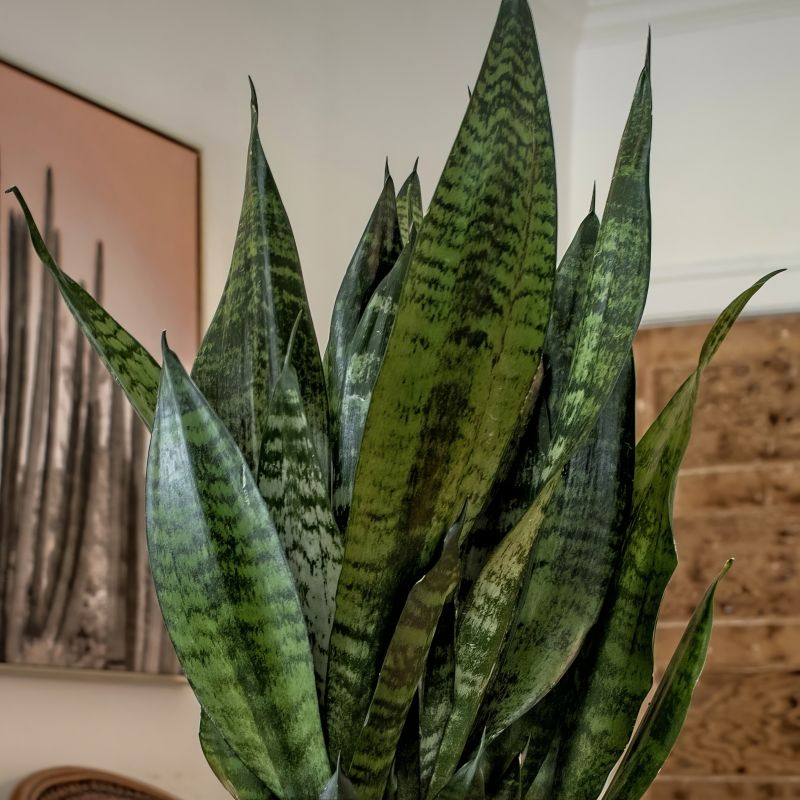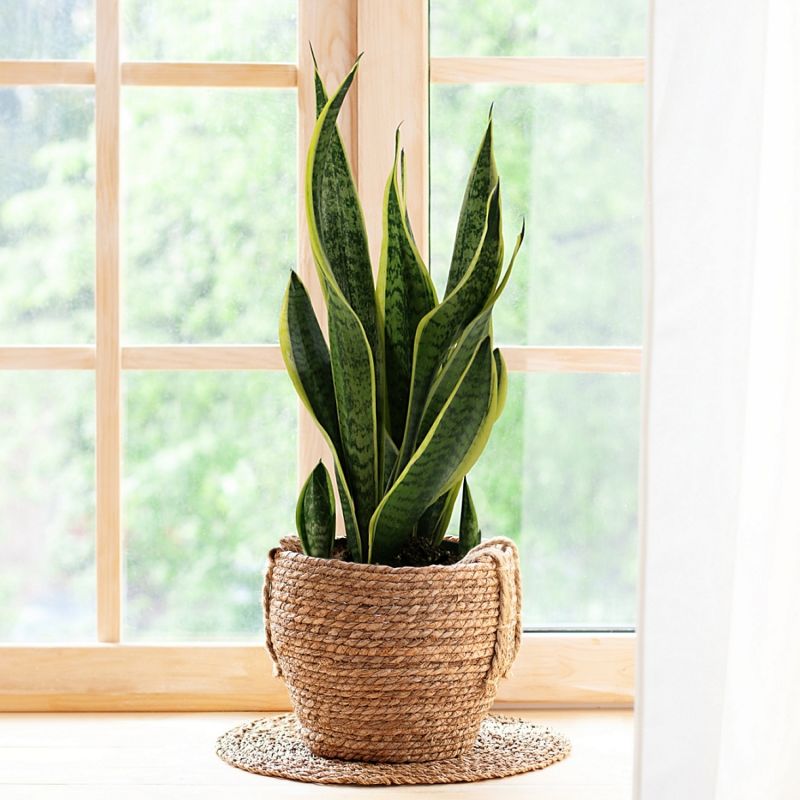

Tomcot Apricot
Prunus armeniaca 'Tomcot'
20 reviews


Tomcot Apricot
Prunus armeniaca 'Tomcot'
20 reviews
$115.00
$165.00
30% Off
2.5 Gallon 4-5 Feet
We are sorry, product is currently out of stock due to seasonal availability. Please check the "Related plants available in your area" section below
Why Tomcot Apricot?
Tomcot apricot is a popular fruit tree cultivar known for its large, juicy, and flavorful fruits. It is a vigorous and productive tree that requires full sun and well-drained soil. Tomcot apricots are early to ripen and have firm, orange flesh with a sweet-tart flavor. They are commonly used for eating fresh, baking, and canning. Tomcot apricots are also known for their high nutritional value, being a good source of vitamin A, C, and fiber.
Related plants available in your area
Sunlight
Tomcot Apricot requires full sun exposure for optimal growth and fruit production.
Watering
Tomcot Apricot trees generally require regular watering, especially during the summer months and dry periods. They prefer moist but well-drained soil and benefit from deep watering about once or twice a week to support healthy growth and fruit production.
Fertilizing
For Tomcot Apricot trees, the fertilizer requirement typically includes a balanced blend of nutrients, such as nitrogen, phosphorus, and potassium. It is recommended to consult with a local horticulturist or nursery for specific fertilizer recommendations
Tomcot Apricot Trees: A Plethora of Succulent Apricots, Along With a Host of Irresistible Benefits
With its exquisite taste, stunning blossoms, and numerous health advantages, this tree is an absolute must-have for any fruit enthusiast or gardening aficionado.
The Tomcot Apricot Tree is a sight to behold. Its graceful branches are adorned with delicate, fragrant blossoms that burst into a stunning display of vibrant pink and white hues. As these blossoms give way to a profusion of golden apricots, your garden will be transformed into a breathtaking oasis, radiating beauty and charm throughout the season.
But the real treasures lie within the Tomcot Apricot Tree itself. Each apricot that hangs from its branches is a delectable fruit filled with essential vitamins, minerals, and antioxidants that contribute to your overall well-being. Apricots are known for their high levels of Vitamin A and Vitamin C, which support healthy skin, aid in eye health, and boost the immune system. Incorporating these juicy and flavorful fruits into your diet is not only a treat for your taste buds but also a nourishing way to promote a healthy lifestyle.
One of the standout features of the Tomcot Apricot Tree is its exceptional taste. Each apricot boasts a perfect balance of sweetness and tartness, creating a heavenly flavor that is pure bliss. Whether enjoyed fresh off the tree, used in baking, or transformed into mouthwatering jams and preserves, these apricots are a gastronomic delight that will please even the most discerning palate.
Growing your own Tomcot Apricot Tree is a gratifying experience. As you cultivate and care for this tree, you become an active participant in the natural cycle of growth and harvest. Witnessing the transformation from blooming blossoms to ripe apricots is a joy-filled journey that fills you with a sense of pride and accomplishment.
Furthermore, the Tomcot Apricot Tree is a resilient and adaptable tree that can thrive in a variety of climates and conditions. Whether you have a small garden or a vast orchard, this tree can be cultivated both in urban and rural settings, making it suitable for a wide range of locations.
In summary, the Tomcot Apricot Tree offers a spectacular fusion of beauty, flavor, and health benefits. From its stunning blossoms to its luscious apricots and versatility, this tree is an indispensable addition to any garden or landscape.
Order a Tomcot Apricot Tree today and delight in the pleasures of growing and savoring your own golden and succulent apricots.
Plant Information:
| Botanical Name: | Prunus armeniaca 'Tomcot' |
| USDA Zones: | 5-9 |
| Water: | Moderate |
| Exposure: | Full Sun |
| Soil Needs: | Well-Drained |
| Mature Height: | 12 - 18 feet |
| Mature Spread: | 12 - 15 feet |
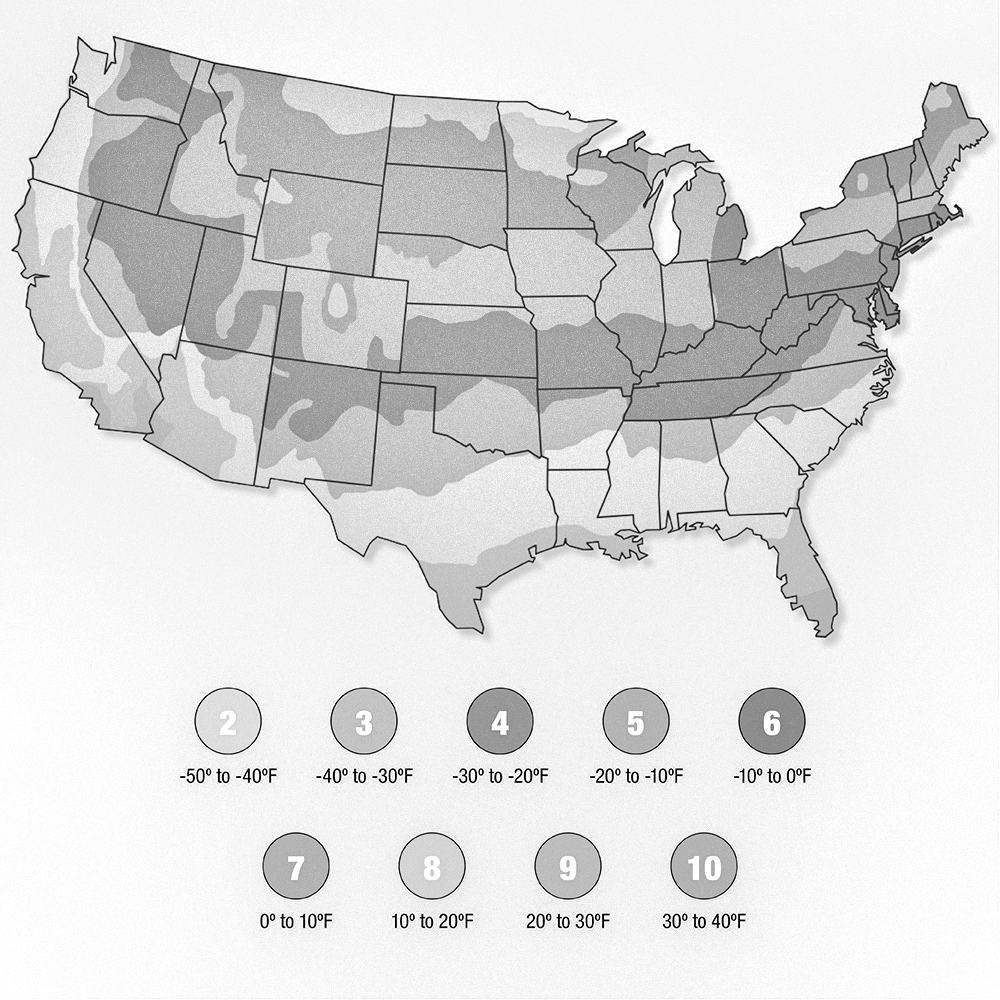



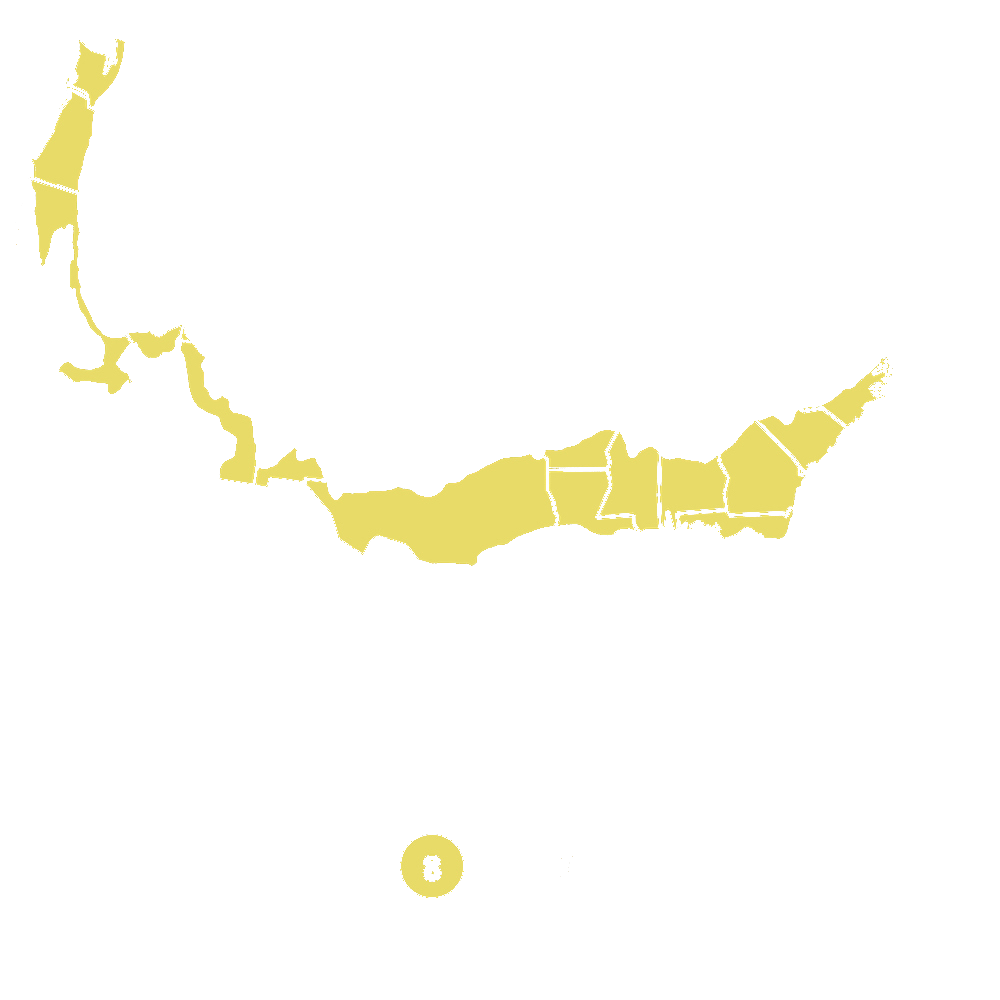

Pollination Info
Tomcot Apricot Pollination Information
The Tomcot Apricot (Prunus armeniaca 'Tomcot') is a self-fertile apricot variety, meaning it can produce fruit without cross-pollination with another apricot tree. However, cross-pollination with another apricot tree can increase fruit production and improve the quality of the fruit.
It is recommended to plant another apricot variety that blooms at the same time as the Tomcot Apricot to ensure successful cross-pollination. Some recommended varieties for cross-pollination include:
- Gold Kist Apricot (Prunus armeniaca 'Gold Kist')
- Perfection Apricot (Prunus armeniaca 'Perfection')
- Katy Apricot (Prunus armeniaca 'Katy')
The Tomcot Apricot blooms in early spring, usually in March or April, before the leaves begin to grow. The flowers are pinkish-white and appear in clusters of 2-4. Bees and other pollinators are attracted to the flowers and help to transfer pollen from the male reproductive organs (stamens) to the female reproductive organs (pistils).
After successful pollination, the flowers will develop into fruit. The fruit will mature in midsummer, usually in June or July, depending on the climate and growing conditions. Tomcot Apricots are known for their sweet and juicy flesh and are a popular choice for home orchards and commercial growers.
Overall, while the Tomcot Apricot is self-fertile, cross-pollination with another apricot variety can lead to increased fruit production and better quality fruit. Planting another apricot tree that blooms at the same time is recommended for optimal fruit production.
FAQ
Tomcot Apricot (Prunus armeniaca 'Tomcot') FAQs
1. What is Tomcot Apricot?
Tomcot Apricot is a variety of apricot that is known for its sweetness and firmness. It is a fruit tree that belongs to the Rosaceae family of plants, and it is scientifically called Prunus armeniaca 'Tomcot'.
2. Where is the best place to grow Tomcot Apricot?
Tomcot Apricot is best grown in areas with a Mediterranean climate, as it requires warm summers and mild winters to thrive. It can also be grown in other regions, as long as it is protected from frost and extreme temperatures.
3. How tall does Tomcot Apricot grow?
Tomcot Apricot trees can grow up to 20 to 25 feet tall, depending on the growing conditions and pruning practices.
4. When does Tomcot Apricot bear fruit?
Tomcot Apricot typically bears fruit in mid-June to early July, depending on the location and weather conditions.
5. How do I care for Tomcot Apricot?
To care for Tomcot Apricot, you should provide it with well-draining soil, full sun exposure, and plenty of water during the growing season. You should also prune the tree annually to promote new growth and remove any diseased or damaged branches.
6. Can Tomcot Apricot be grown in containers?
Yes, Tomcot Apricot can be grown in containers, but it requires a large pot and regular fertilization to ensure proper growth and fruit production.
7. How do I harvest Tomcot Apricot?
Tomcot Apricot should be harvested when the fruit is firm and has a slight give when squeezed. The fruit should be picked gently and handled carefully to avoid bruising or damaging the skin.
8. Can Tomcot Apricot be eaten raw?
Yes, Tomcot Apricot can be eaten raw, as it is a sweet and juicy fruit that is a rich source of vitamins and minerals.
9. Does Tomcot Apricot have any pests or diseases?
Yes, Tomcot Apricot can be susceptible to a variety of pests and diseases, such as aphids, mites, brown rot, and bacterial canker. You should monitor the tree regularly and use appropriate pesticides or fungicides to prevent or treat any infestations or infections.
10. Is Tomcot Apricot self-pollinating?
No, Tomcot Apricot is not self-pollinating and requires cross-pollination from another apricot tree or a compatible pollinizer such as 'Blenheim,' 'Goldstrike' or 'Perfection.'
Planting & Care
Planting & Care for Tomcot Apricot
Planting
- Choose a sunny location with well-draining soil
- Plant in late winter or early spring
- Dig a hole that is twice as wide and deep as the root ball
- Place the tree in the hole and fill it with soil
- Water thoroughly
Care
- Water regularly during the growing season, especially during hot, dry periods
- Fertilize in the spring with a balanced fertilizer
- Prune in late winter or early spring to shape the tree and encourage new growth
- Protect from pests and diseases
- Harvest fruit when it is fully ripe
Pests & Diseases
- Aphids
- Mites
- Peach tree borers
- Brown rot
- Leaf spot
- Preventive fungicide sprays can be helpful in preventing disease
Check Out These Verified Customer Reviews:
Customer Reviews
4.8 out of 5 based on 20 reviews
Thank you! Your review has been submitted.
Best apricots I've ever tasted, highly recommend.
Fast shipment, apricots well-packaged.
The Tomcot apricots were delicious and juicy. The item appeared just as advertised and the quality was top-notch. However, the shipment took a bit longer than expected.
Item has been added to your cart.



